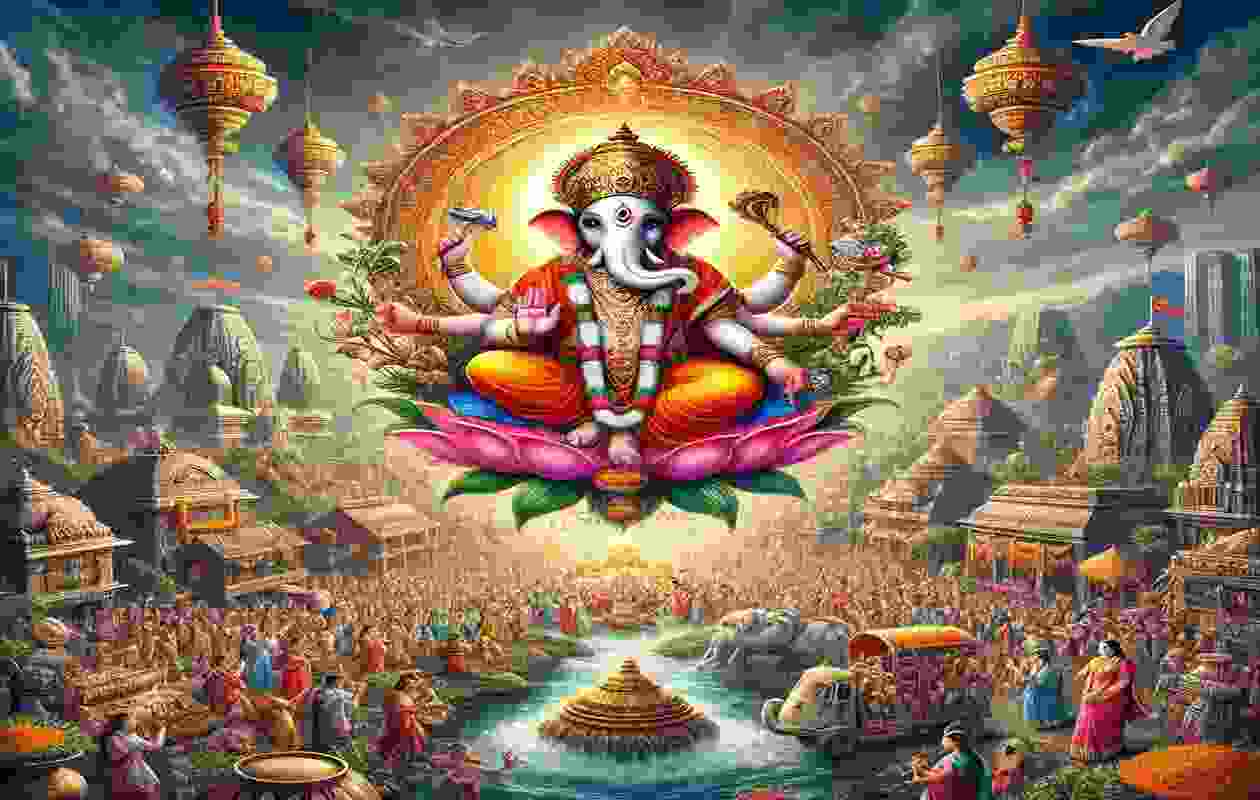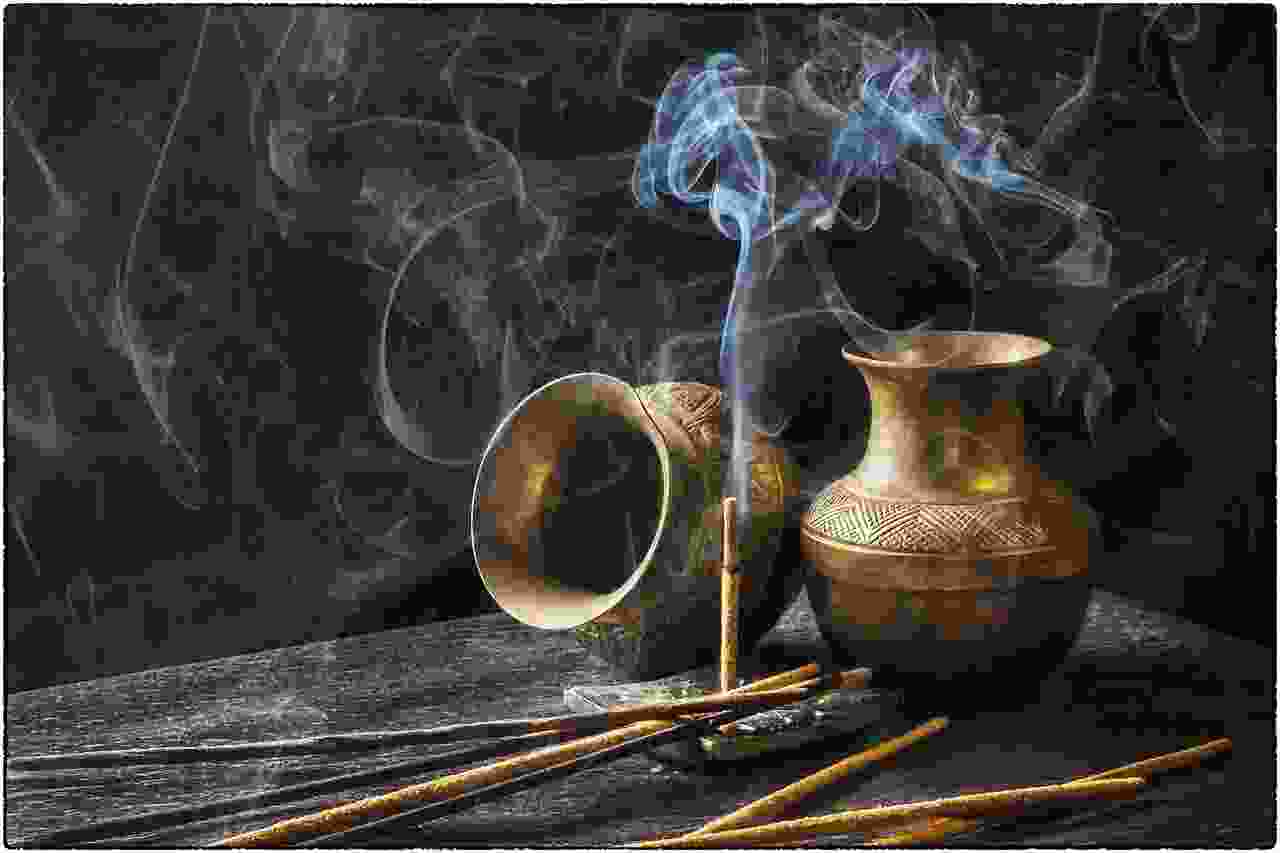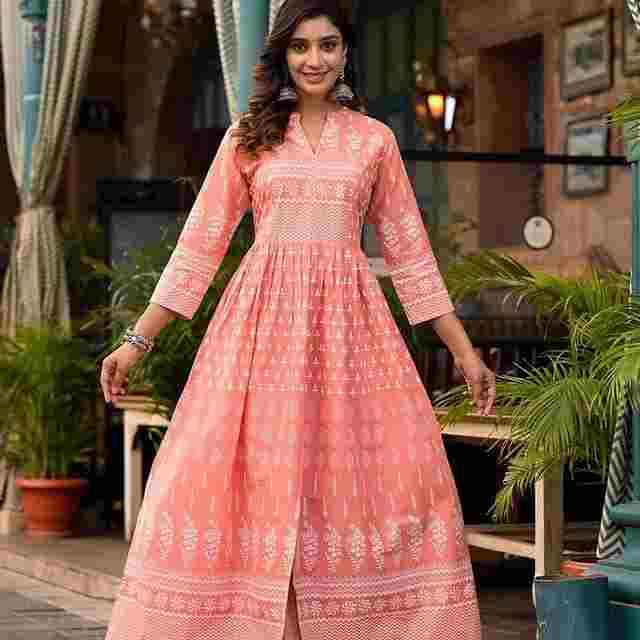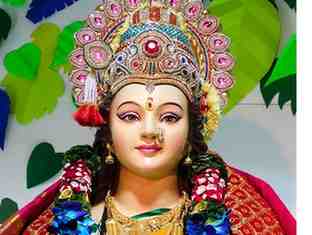Hindu Festival: The Timeless Celebrations of Spirituality and Culture

Hindu festivals are among the most vibrant, colorful, and spiritually enriching celebrations in the world. These festivals are a testament to the rich cultural heritage and deep spiritual roots of Hinduism, which is practiced by millions across the globe. From the dazzling lights of Diwali to the playful colors of Holi, every Hindu festival carries a unique message and a profound connection to history, mythology, and community.
In this article, we delve into the significance, rituals, and modern relevance of Hindu festivals, ensuring the keyword “Hindu festival” is highlighted throughout.
Understanding the Significance of Hindu Festivals
Hindu festivals are not mere celebrations; they are spiritual events that often align with celestial movements, seasonal changes, or mythological tales. They reflect the essence of Hinduism’s deep connection to nature, gods, and the universe. Every Hindu festival has a profound purpose—whether it is to celebrate the victory of good over evil, honor deities, or strengthen communal bonds.
For instance, the Festival of Lights, Diwali, symbolizes the triumph of light over darkness and knowledge over ignorance. Similarly, Holi, the Festival of Colors, signifies the arrival of spring and the burning of negativity, as represented by the story of Holika and Prahlad.
See our Post on अघोरी साधना: शमशान में साधना और मोक्ष की प्राप्ति
A Calendar of Hindu Festivals
India is known as the land of festivals, where every month brings a new Hindu festival to celebrate. Here is a deeper look into some of the most popular ones:
1. Diwali: The Festival of Lights
Celebrated over five days, Diwali is one of the most significant Hindu festivals. Homes are decorated with diyas (oil lamps) and rangolis, while families perform Lakshmi Puja to invite prosperity. The festival also includes exchanging gifts, bursting crackers, and feasting on delicious sweets.
2. Holi: The Festival of Colors
Holi is a lively Hindu festival that unites people through vibrant colors and joyous music. Celebrated in March, it marks the victory of devotion and love, as per the mythological tale of Lord Vishnu and Prahlad. Communities gather to smear colors, share sweets like gujiya, and revel in the spirit of togetherness.
3. Navratri and Durga Puja
Navratri is a nine-day Hindu festival dedicated to Goddess Durga and her nine divine forms. Celebrations include fasting, performing Garba (a traditional dance), and offering prayers. In eastern India, Durga Puja is celebrated with grand processions, cultural performances, and artistic displays of idols.
4. Ganesh Chaturthi
This Hindu festival honors Lord Ganesha, the remover of obstacles. Devotees install clay idols of Ganesha in their homes or communities, perform prayers, and later immerse the idols in water, symbolizing the cycle of creation and dissolution.
5. Raksha Bandhan
Raksha Bandhan is a Hindu festival celebrating the bond between brothers and sisters. Sisters tie a protective thread (rakhi) on their brothers’ wrists, and in return, brothers promise to protect them.
6. Makar Sankranti
This Hindu festival marks the transition of the sun into the zodiac sign Capricorn. Celebrated with kite flying, this festival also includes making sweet delicacies like til ladoos and offering prayers for prosperity.
7. Janmashtami
Janmashtami celebrates the birth of Lord Krishna. Devotees observe fasting, sing devotional songs, and perform reenactments of Krishna’s life, highlighting his divine role as a protector and friend.
8. Onam
Though primarily celebrated in Kerala, Onam is an important Hindu festival marking the return of King Mahabali. The festival is famous for its boat races, traditional feasts, and flower carpets (pookalams).
Browse also Aditya Hrudayam Kannada: The Extreme Stotra for Strength and Victory.
Rituals and Traditions of Hindu Festivals
Hindu festivals involve various rituals that reflect the diverse cultural practices across India. These include:
- Puja (Worship): Every Hindu festival involves offering prayers to specific deities with devotion and rituals.
- Fasting: Observing fasts is common during festivals like Navratri and Karva Chauth, symbolizing self-discipline and spiritual focus.
- Music and Dance: Cultural performances such as Garba during Navratri and bhajans during Janmashtami are integral to these festivals.
- Community Feasts: Many Hindu festivals feature communal meals, where people share traditional dishes and sweets.
- Must See श्री सूक्त: ऋग्वेद का रहस्य और इसे जीवन में अपनाने के फायदे
Modern-Day Celebrations of Hindu Festivals
With the rise of technology, the way Hindu festivals are celebrated has evolved. Today, virtual pujas, online shopping for festival essentials, and digital greetings have become common. For the Indian diaspora, Hindu festivals serve as a way to stay connected to their roots, often celebrated with the same enthusiasm in foreign lands.
The inclusion of eco-friendly practices has also gained prominence. For example, communities are now using clay idols that dissolve in water without harming aquatic life, particularly during Ganesh Chaturthi.
See Also Top 20 Hindu Festivals in India.
The Social Impact of Hindu Festivals
Hindu festivals are more than personal or religious celebrations—they have a significant social impact:
- Promoting Unity: Festivals like Holi and Diwali bring together people from all walks of life, fostering unity and harmony.
- Boosting the Economy: The demand for goods and services surges during festivals, benefitting small businesses and artisans.
- Preserving Culture: Celebrations ensure that cultural practices and traditions are passed down to future generations. See also 108 हवन मंत्र: सम्पूर्ण सूची, तकनीक और लाभहवन
Why Hindu Festivals Are Evergreen
Hindu festivals are deeply rooted in mythology, spirituality, and universal values. They teach lessons of humility, gratitude, and compassion while encouraging individuals to reflect on their lives. Whether it’s the lamps of Diwali or the joyous celebrations of Onam, these festivals remind us of the eternal triumph of good over evil.
The keyword “Hindu festival” embodies this timeless essence, making the celebrations relevant even in modern times.
Also see Hinduism Holy Days, Hindu Religious Observances.
My last Thought
Hindu festivals are not just events; they are an integral part of life that bring joy, spiritual enrichment, and cultural preservation. Each Hindu festival has a unique story, set of rituals, and universal values that continue to inspire millions. Whether it’s lighting lamps during Diwali or playing with colors during Holi, every festival is an opportunity to celebrate life’s blessings and connect with the divine.
As you embrace the joy and traditions of a Hindu festival, remember that these celebrations are bridges between the past, present, and future. Let us cherish these moments, share their stories, and ensure that the rich heritage of Hindu festivals continues to illuminate the lives of generations to come.
Must See हनुमान चालीसा | सम्पूर्ण हनुमान चालीसा हिंदी में | Benefits



